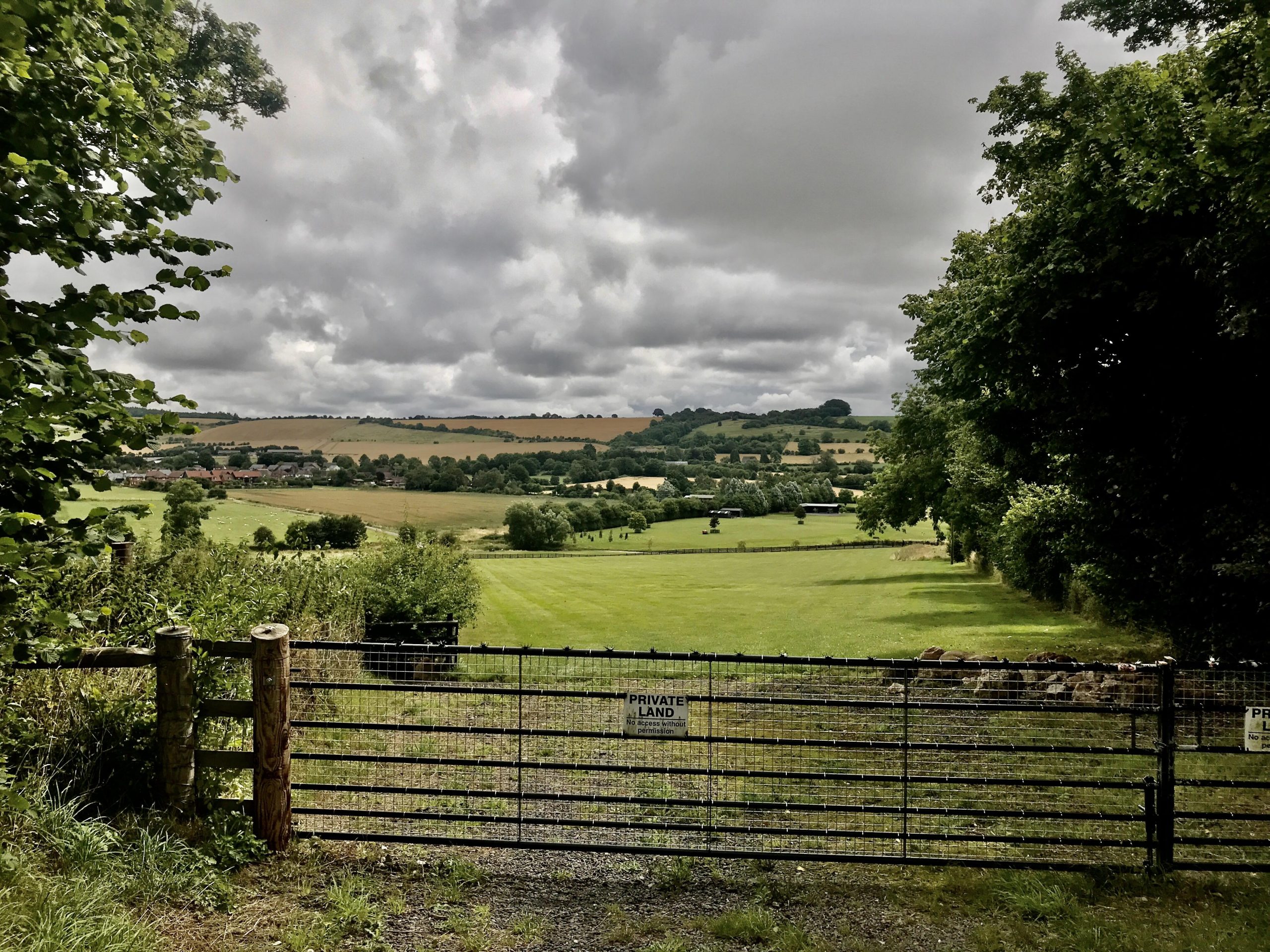
Why we possess a well-thumbed copy of Colin Turnbull’s 1961 classic, The Forest People: A Study of the Pygmies of the Congo, is anybody’s guess. Turnbull always makes me think of Evelyn Waugh’s fictional character John Boot, author of Waste of Time, ‘a studiously modest description of some harrowing months among the Patagonian Indians’.
Unlike Boot, however, Turnbull was a serious anthropologist, who lived for years with different tribes of hunter-gatherers in some of the remotest parts of Africa. It’s difficult to imagine it happening nowadays, but his books about the folk of Northern Uganda et al were international bestsellers and Turnbull himself was something of a celebrity.
The Natufians, believed to be the first people to start farming, some 12,500 years ago — apparently in order to secure a regular supply of grain with which to brew beer — have a great deal to answer for. Without them, we might all still be like the Mbuti who, according to Turnbull, were: ‘A people who had found in the forest something that made their life more than just worth living, something that made it, with all its hardships, problems and tragedies, a wonderful thing full of joy and happiness and free of care.’
We have much, in my opinion, to learn from the Mbuti. They had few possessions. They lived with Nature. They did not differentiate between work and leisure. I have failed dismally on the first count, am doing my best on the second, but have, at least, managed to merge many of the individual parts of my life so that it’s difficult to distinguish between the money-earning and non-money-earning activities.
"Her goats lead such an independent life that she is obliged to keep half a dozen ‘PR’ goats in a paddock next to her shop and café so visitors aren’t disappointed"
I can offer no better example of this than a glorious walk my wife, Rose, and I took along the final section of Britain’s oldest road, the Ridgeway, as it meanders from Ogbourne St George to West Overton in Wiltshire. Our goal was the Gourmet Goat Farmer (GGF) in Winterbourne Monkton, which is now supplying our artisan dog-food business with free-range goat.
When we farmed actively ourselves, we always kept several goats — not to eat, not for milk or cheese, not for their fur or skin, not as pets and not (despite what you may have heard about us) to worship, but to clear land. My overriding memory is that they were difficult to herd and impossible to find when you wanted them.
The GGF, or Laura Corbett, sometimes has a similar problem. Her flock of about 300 goats has 900 acres of grassy downland and lowland fields on which to forage, but, as we followed the chalk path down to the farm, there wasn’t a single goat to be seen.
Exquisite houses, the beauty of Nature, and how to get the most from your life, straight to your inbox.
Indeed, her goats lead such an independent life that she is obliged to keep half a dozen ‘PR’ goats in a paddock next to her shop and café so visitors aren’t disappointed. A jolly good shop and café they are, too. The former houses what must be the largest collection of goat-related items (goat-milk soap or goat-hair duster, anyone?) in the country and the latter provided us with a delicious lunch.
Laura is one of only a handful of British farmers raising goats for meat (as lean as chicken and as nutritious as beef) on any scale. A few hundred years ago, there probably would have been as many goats as sheep grazing along the Ridgeway and, if Laura has her way, it will be like that again.
History, as we know, repeats itself. We may all return to a life of hunting and gathering yet.
Toby Keel is Country Life's Digital Director, and has been running the website and social media channels since 2016. A former sports journalist, he writes about property, cars, lifestyle, travel, nature.

